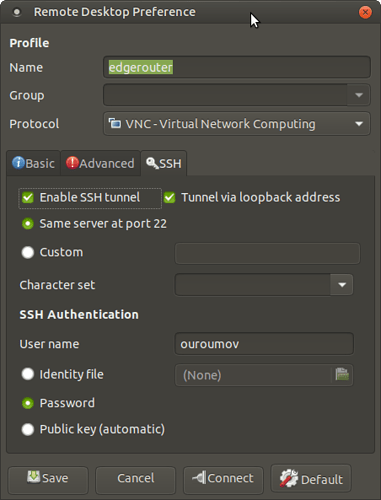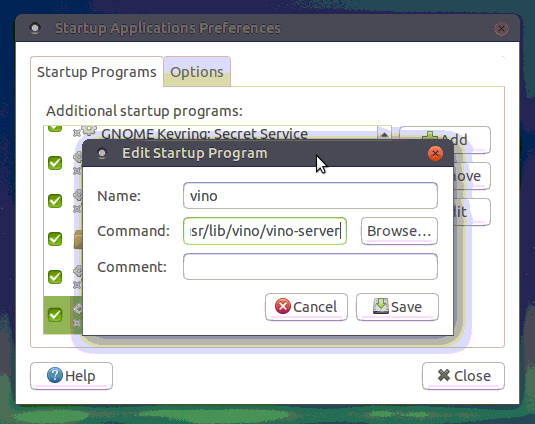

Your identification has been saved in /home/vagrant/.ssh/id_rsa.
SSH COPY ID NO IDENTITIES FOUND HOW TO
This article also explains 3 minor annoyances of using ssh-copy-id and how to use ssh-copy-id along with ssh-agent.Ĭreate public and private keys using ssh-key-gen on [Note: You are on local-host ssh-keygenĮnter file in which to save the key (/home/vagrant/.ssh/id_rsa):Įnter passphrase (empty for no passphrase): Įnter same passphrase again: ssh-copy-id also assigns proper permission to the remote-host’s home, ~/.ssh, and ~/.ssh/authorized_keys. ssh-copy-id copies the local-host’s public key to the remote-host’s authorized_keys file. Ssh-keygen creates the public and private keys.
SSH COPY ID NO IDENTITIES FOUND PASSWORD
But, I would like to have my authorized_keys file clutter free.You can login to a remote Linux server without entering password in 3 simple steps using ssh-keygen and ssh-copy-id as explained in this article. Even with duplicate entries everything works as expected. If you execute ssh-copy-id multiple times on the local-host, it will keep appending the same key on the remote-host’s authorized_keys file without checking for duplicates.

To make sure we haven't added extra keys that you weren't expecting.

Now try logging into the machine, with "ssh 'remote-host'", and check in: Your public key has been saved in /home/jsmith/.ssh/id_rsa.pub.ģ3:b3:fe:af:95:95:18:11:31:d5:de:96:2f:f2:35:f9 Step 2: Copy the public key to remote-host using ssh-copy-id ssh-copy-id -i ~/.ssh/id_rsa.pub password: Your identification has been saved in /home/jsmith/.ssh/id_rsa. Step 1: Create public and private keys using ssh-key-gen on local-host [Note: You are on local-host ssh-keygenĮnter file in which to save the key (/home/jsmith/.ssh/id_rsa):Įnter passphrase (empty for no passphrase): Įnter same passphrase again: This article also explains 3 minor annoyances of using ssh-copy-id and how to use ssh-copy-id along with ssh-agent. You can login to a remote Linux server without entering password in 3 simple steps using ssky-keygen and ssh-copy-id as explained in this article.


 0 kommentar(er)
0 kommentar(er)
